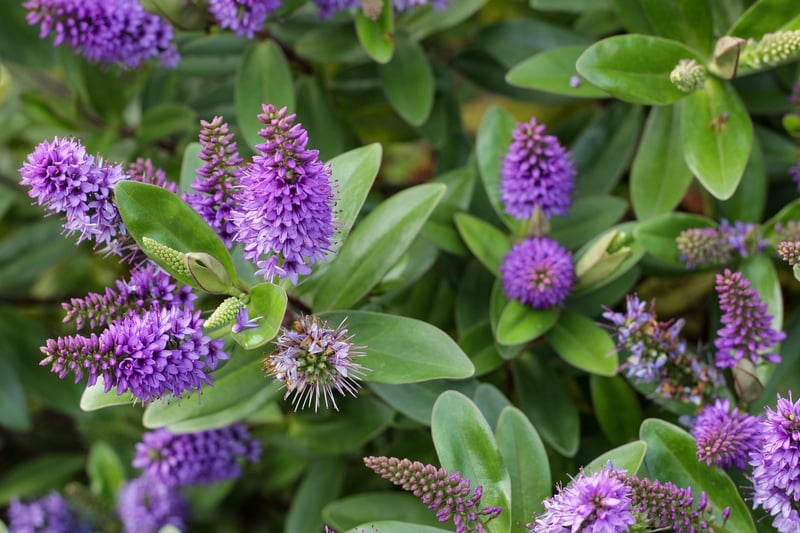Community Gardens
Tips for Urban Gardeners and Community Gardens
Introduction
Welcome to the world of urban gardening! Whether you have a small balcony, a rooftop, or just a sunny windowsill, you can create your own green oasis in the heart of the city. Community gardens also offer a fantastic opportunity to connect with like-minded individuals and contribute to a greener, more sustainable environment. Here are some tips to help you make the most of your urban gardening experience and get involved in community garden initiatives.
1. Choose the Right Plants
When gardening in urban spaces, it's essential to select plants that are well-suited to your environment. Opt for compact varieties that thrive in containers or small raised beds. Herbs, salad greens, cherry tomatoes, and peppers are excellent choices for urban gardens. Additionally, consider planting flowers to attract pollinators and add beauty to your space.
2. Maximize Vertical Space
Urban gardeners often have limited space, so make the most of vertical areas. Utilize trellises, hanging baskets, and wall-mounted planters to grow climbing vegetables like cucumbers and beans. Vertical gardening not only saves space but also creates a visually appealing garden design.
3. Use Sustainable Practices
Embrace sustainable gardening practices such as composting kitchen scraps, using rainwater collection systems, and avoiding synthetic pesticides and fertilizers. Urban gardens play a crucial role in promoting biodiversity and mitigating the effects of climate change, so prioritize eco-friendly methods in your gardening routine.
4. Get Involved in Community Gardens
Joining a community garden is a fantastic way to connect with other gardeners, share knowledge, and work together towards a common goal. Community gardens foster a sense of belonging and provide access to shared resources such as tools, seeds, and expertise. Check local directories or social media groups to find community gardens in your area.
5. Attend Workshops and Events
Many community gardens organize workshops, seminars, and events to educate gardeners of all levels. Take advantage of these opportunities to learn new gardening techniques, discover native plants, and connect with experts in the field. Engaging in these activities can enhance your gardening skills and inspire you to try new things.
6. Share Your Harvest
One of the joys of urban gardening is enjoying the fruits of your labor. If you have a bountiful harvest, consider sharing your produce with friends, family, neighbors, or local food banks. Sharing your garden's abundance not only builds community connections but also reduces food waste and contributes to food security in your area.
Conclusion
Urban gardening and community gardens offer endless opportunities for individuals to cultivate plants, build community, and make a positive impact on the environment. By following these tips and actively participating in community garden initiatives, you can create a thriving urban garden and be part of a vibrant gardening community.
Get your hands dirty, connect with nature, and join the urban gardening movement today!


